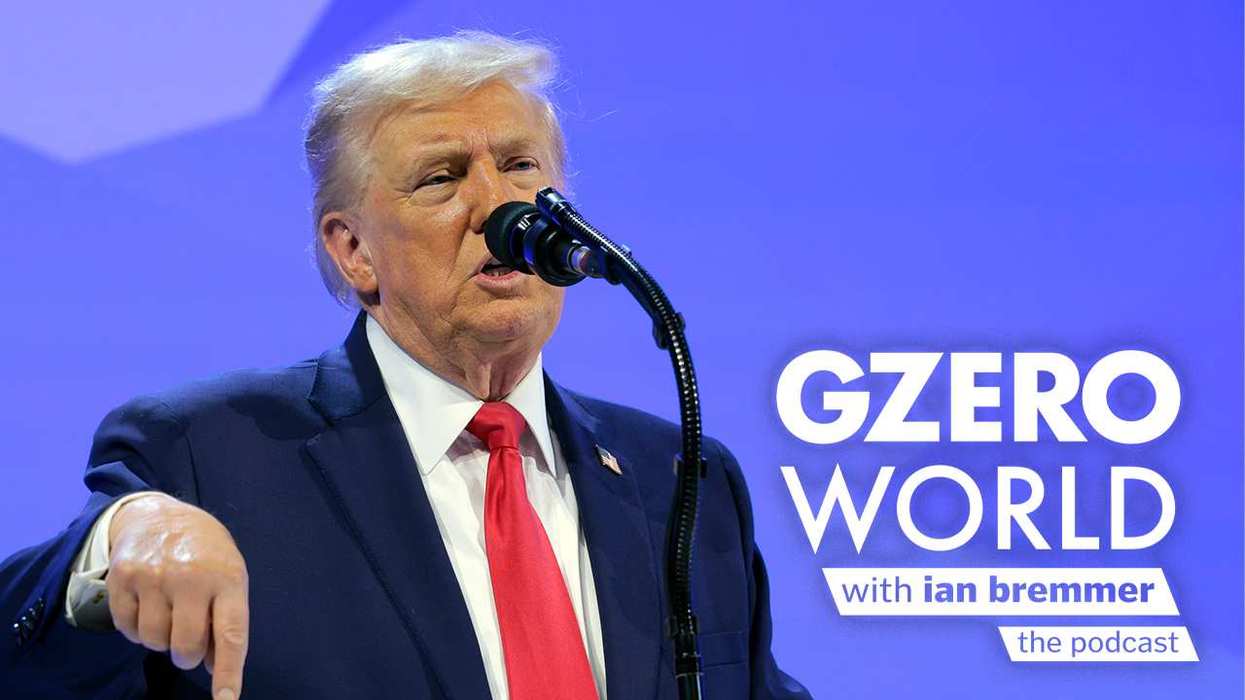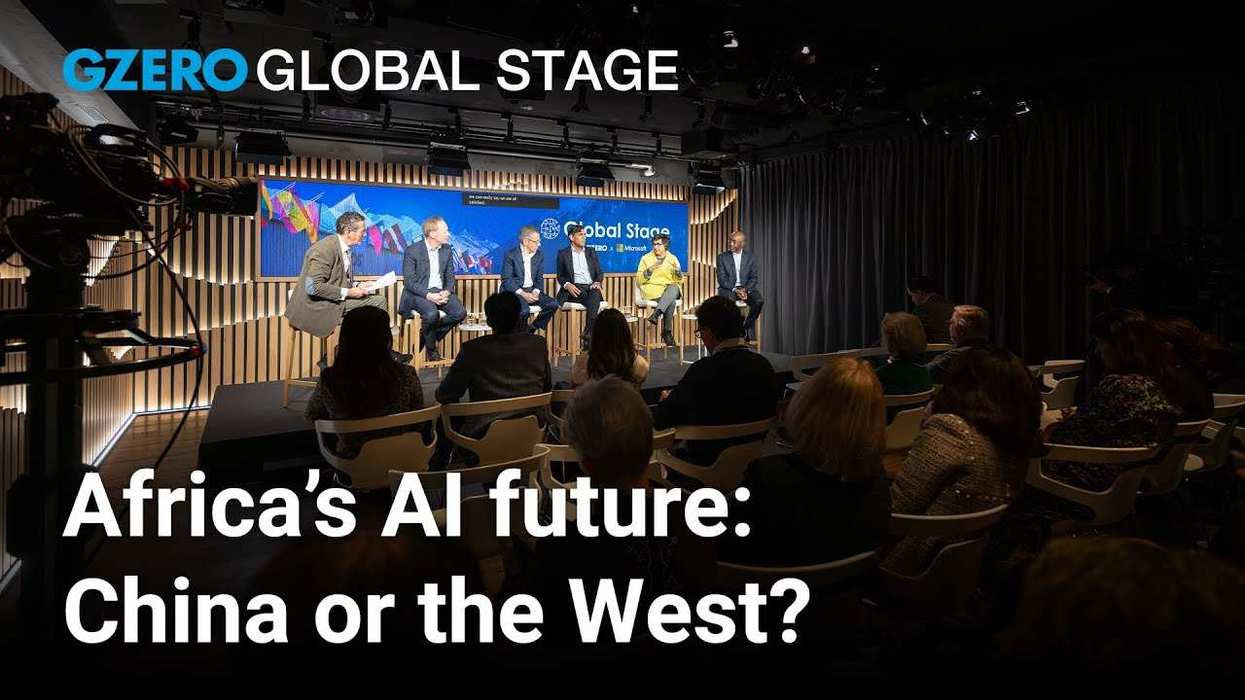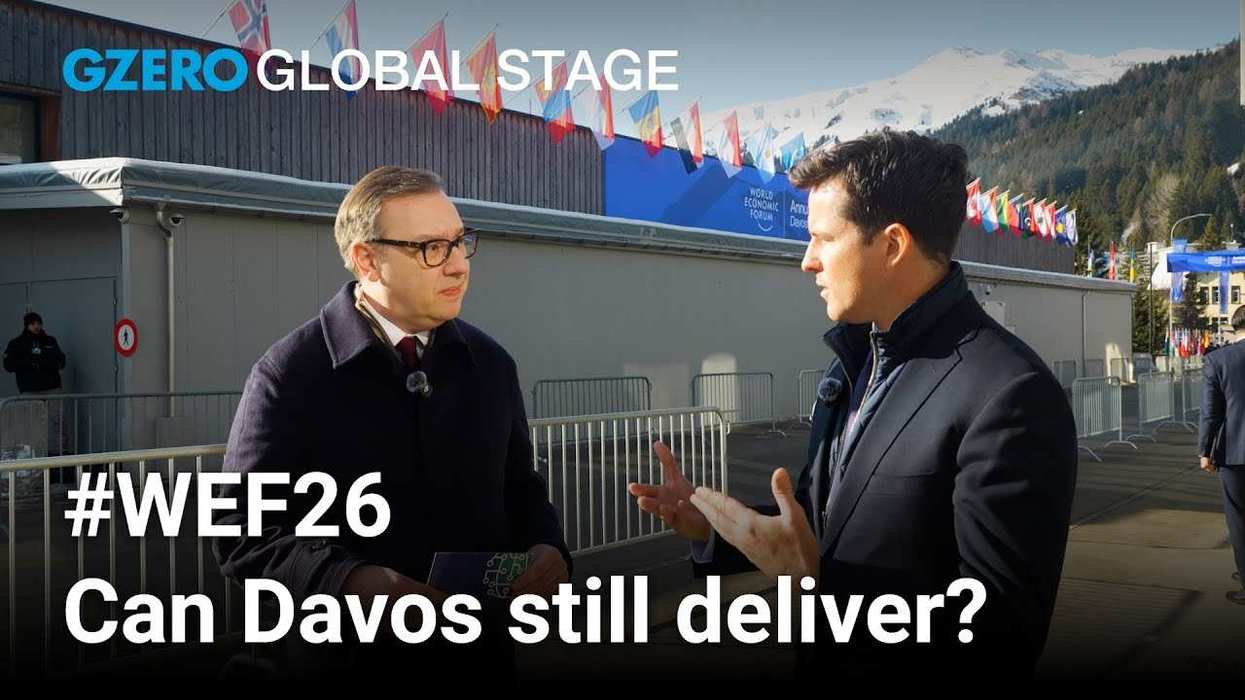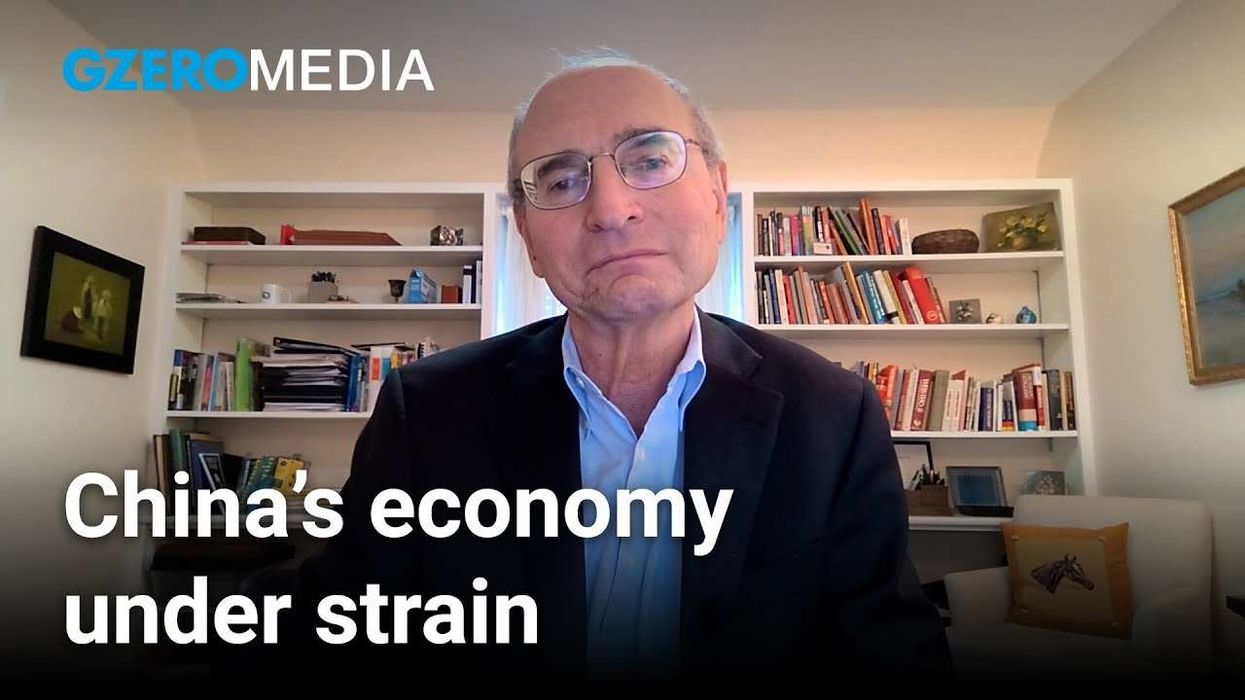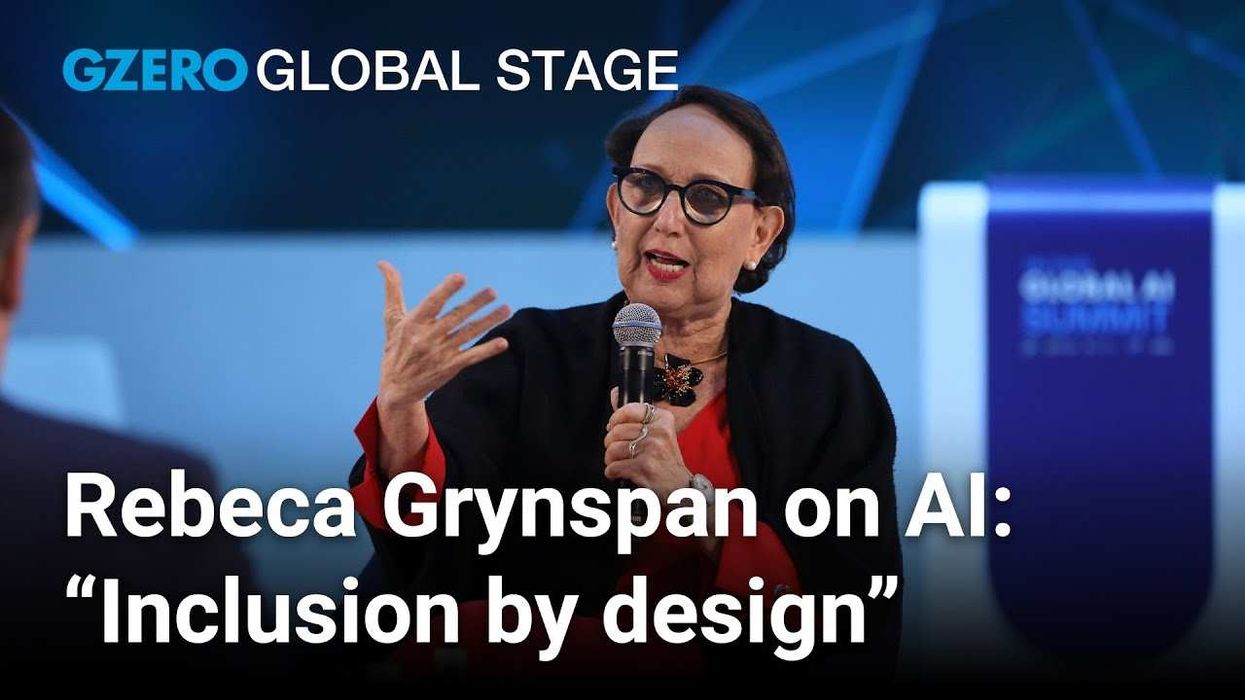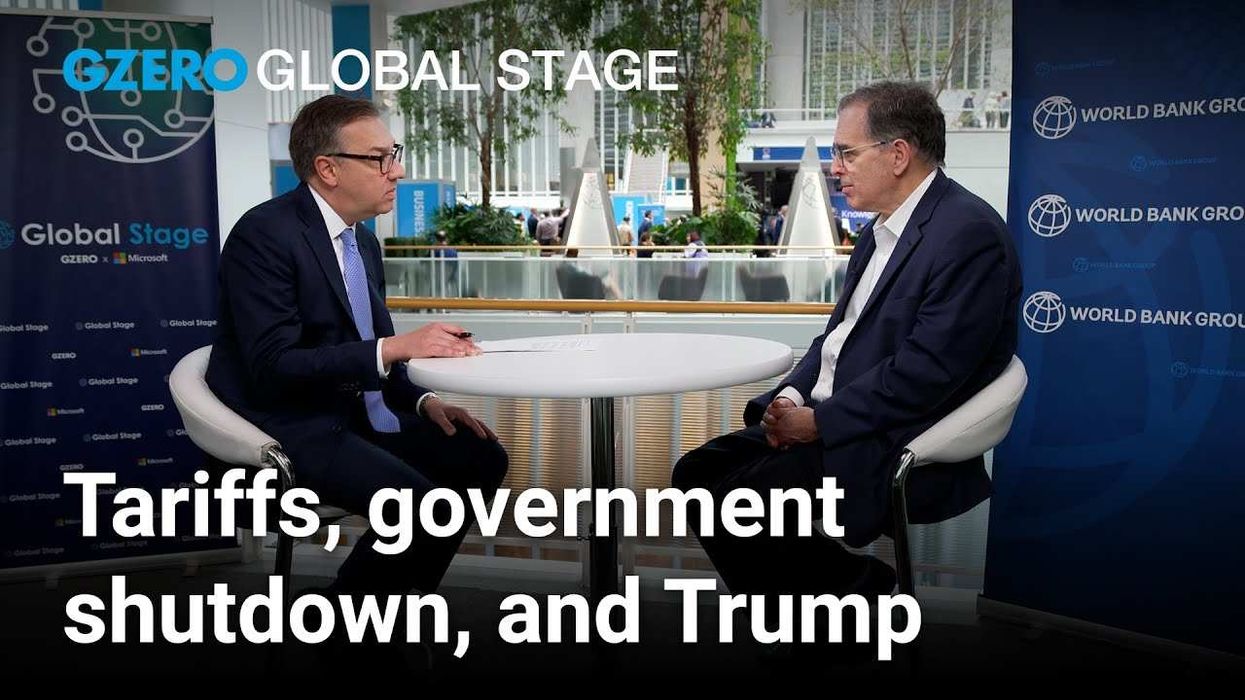Ian Explains
Singapore thrived on globalization. Now what?
Singapore was one of globalization’s biggest beneficiaries. Ian Bremmer looks at whether the city-state can survive in a world where the economic order that drove Singapore's rapid rise starts to unravel.
Jan 30, 2026



